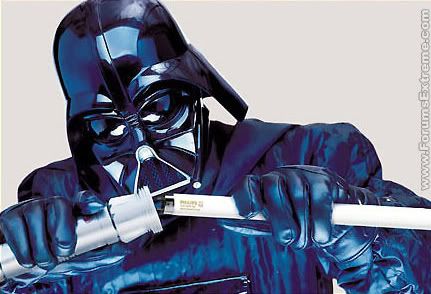- Post
- #475543
- Topic
- Childhood Misconceptions (aka The Trap Thread, but misconceptions still welcome)
- Link
- https://originaltrilogy.com/post/id/475543/action/topic#475543
- Time
I think what Sluggo is trying to say is:
IT'S A WRAP!!
I think what Sluggo is trying to say is:
IT'S A WRAP!!
Sluggo, stob encouraging him!
You're kidding, right?
TV's Frink said:
Point taken....also this, so...I stand corrected.
Hey, nice song! But you know what it really needs? New words.

That won't work, for these reasons.
The problem isn't your username or the fact that we know you're a sock; the problem is your piss-poor behavior. Clean that up, and maybe you'll be accepted. But asking everyone to pretend you're someone else, isn't going to cut it.
Spelling and grammar aren't bad enough, IMO. Otherwise, Suspicious-look cat would have his eye on you...

xhonzi said:
You need to go deeper. ;)
Oh yeah? Well Frink's mo-
Umm...erm...y'know, I've done too many of these today. Someone else want to take this one?
But...but...you asked!
Could someone post the code for Hasslecrotch? kthxbai
I can't...not...say it...
xhonzi said:
You mean he's a....*?
Well, I don't want to be too cruel to Frink since Janskeet Ghostbusters already has him decrepit, senile, and toothless. But I did happen across this photograph of our very own Frink, when I was hacking into a Donut World security camera last week:

Is that anything like DeepFatFried?
TMI AFAIK IIRC, YMMV
I think it's real, for two reasons:
First [projected, a priori-influenced] reason: the totem totally starts to waver just before we cut to the credits, creating the impression that it's about to fall.
Second [actual, honest] reason: I'm a sucker for a happy ending.
I recently taught my car how to whistle "Dixie." Does that count?
True, but I didn't get the impression that the extractors could influence the dream-world to the extent that the Matrix rebels could. I mean, what's-her-name was able to play around with the laws of physics, rearrange the topography, and change architecture at will, but she still "died" when she got stabbed by Leo's imaginary wife. So apparently there are some "dream-rules" that are unalterable?
Better!
Morpheus said:
Your mind makes it real.
(Psst...Xhonzi, you forgot to encrypt those captions! The bourgeoisie can read it!)
Frink, your DNS settings won't work if you keep trying to use Roman numerals.
xhonzi said:
I think the constuction in English is actually very common, such as the wiki provided example of My Friend John. But I don't think it works with the nouns Phantom and Menace. I stand by "Phantom" being used as adjective (only) to Menace.
I realize this discussion is mostly pointless at this time and it has very little to do with my argument in Post 118... but it's fun.
Well, apposition itself is fairly common in English, but we don't typically put two appositional nouns immediately adjacent to one another without any intervening particles or punctuation markers. Common usage usually involves either a connecting conjunction between the two nouns (ie, "Rudolph the red-nosed reindeer"), or offsetting the second noun with commas (ie, "The President, John F. Kennedy, was assassinated...). There are exceptions, of course, but as you so aptly pointed out, "phantom" and "menace" don't really work very well appositionally to begin with.
I agree that phantom=adjective and menace=noun makes a lot more sense. It would be very unusual to switch the two, since English typically puts the qualifying adjective before the noun it's modifying (ie, "the pink rose" rather than "the rose pink").
xhonzi said:
TV's Frink said:
Can a good carbon freeze wipe your memory? ;-)
Maybe Richard Lester's Superman shows up and kisses everybody.
You mean he's a...?
005: You're probably using last week's hexadecimal master key as the first input variable of your decryption algorithm. Here's the new one: (you know what to do)

Xhonzi: I like it, but don't you think the noodle plan is a bit extreme?